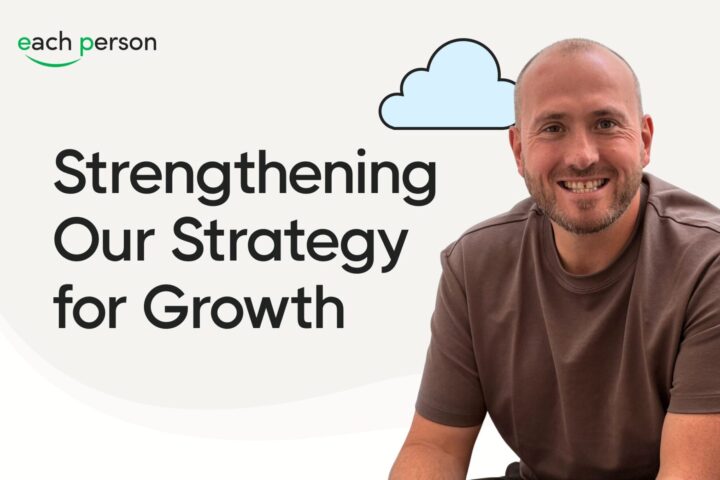Over a quarter (28%) of senior HR decision-makers believe that increased costs imposed by Government such as higher employer NI contributions will present a significant challenge to their business in the next 12 months, research from GRiD has revealed.
This comes as employers brace themselves for hikes in National Insurance contributions (NICs) on 6th April 2025, and the reduction in the threshold at which they are due.
Broken down by size of company, 30% of small and medium-sized enterprises (SMEs) said they see this as a challenge, compared to 25% of large corporates.
In the same research, conducted in January 2025, 38% of senior HR decision-makers said that not having enough budget is the main factor holding their business back from doing more regarding employee benefits.
42% of SMEs identified this as a challenge, compared to 30% of large corporates.
GRiD said it is concerned that NI increases and other financial challenges may put undue pressure on employers and it’s crucial they understand the value of their benefits package and support so that they’re not tempted to cut expenses and thus jeopardise staff wellbeing.
Ensuring that staff are happy, healthy, and at work, is good for the employer as well as for the employee.
Katharine Moxham, spokesperson for GRiD, said: “Employers will understandably be looking at their budgets in all areas to manage the additional NI contributions and other financial pressures.
“It’s unlikely that HR will be exempt from the tightening of purse strings, so they must prepare to demonstrate the effectiveness of their employee benefits programmes to retain the maximum possible budget for them.”
Moxham concluded: “Group risk benefits are some of the most highly-valued types of employee benefits and rightly so, as they provide so much support for employees and employers alike.
“However, jeopardising the health and wellbeing of staff by making radical cuts will put the wellbeing of the organisation itself at risk too, so utilising benefits that provide comprehensive support and that are cost-effective will be the way forward.”

















